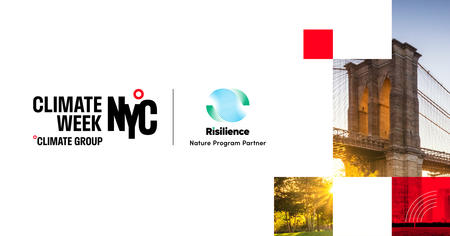
From oceans to forests, nature plays an essential role in the well-being and livelihoods of all species.
The Nature program addresses the importance of preserving and restoring the Earth’s ecosystems and biodiversity. It aims to build a deeper connection between humans and nature and examine our role in building a better natural world for the future.
Here are some resources to help you learn more:
Read
Risky business – why biodiversity and nature cannot be ignored
The International Day for Biological Diversity comes hot on the heels of warnings that global warming will soon break the key 1.5C limit. While pressure for companies to address climate-related risk is growing, biodiversity and nature must also be part of a business strategy. Sara Pruckner, Environmental Risk Modeller, Risilience, makes the case for nurturing nature.
Minding your business: nature needs nurture
The Environmental Improvement Plan, announced to mixed reactions last week, updates the 25 Year Environment Plan setting out how the UK government will work with landowners, communities and businesses towards a green future. These pledges mark the latest government commitment to enhancing nature – the UK recently signed-up to international targets agreed as part of the Global Biodiversity Framework. Dr Clare Allen, Risilience Senior Environmental Risk Analyst, explains why nature matters and is increasingly on the business agenda.
Nature calls – why healthy soil is good for business
The Country Trust Plant your Pants citizen science campaign is championing the importance of soil health and management to increase awareness of the role it plays in sequestering carbon and supporting biodiversity. Sara Pruckner, Environmental Risk Modeller at Risilience, sets out why astute corporate leaders recognise healthy soil is good for business.
